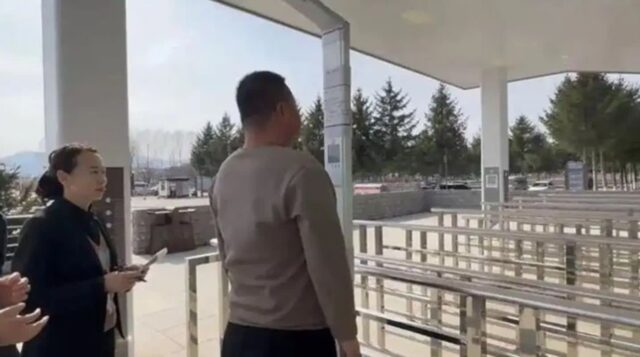|
The tension between China and Taiwan is heading towards reaching a dangerously high level. Although a full-scale armed conflict is unlikely, it is believed that a critical situation could occur around the Taiwan Strait in the worst-case scenario.
According to Beijing insiders who are well-informed about cross-strait relations, China is currently believed to be quite disappointed as the ruling Democratic Progressive Party (DPP) candidate, Lai Ching-te, won the 16th Taiwanese presidential election as expected. To put it a bit harshly, it’s safe to say that they’re boiling over.
The atmosphere immediately after the election results is telling. Radical statements like “Taiwanese independence is a path to death” are becoming a harsh reality on broadcasts and other media. The overall social atmosphere is also becoming increasingly tense. Even on social media, radical claims that “it is now difficult to peacefully absorb and unify Taiwan. Taiwan needs to taste the heat” are becoming mainstream.
The People’s Liberation Army is also taking action day by day. If witnessing Chinese military aircraft and warships around the Taiwan Strait has become a daily occurrence, no further explanation is needed. A considerable number of them have even crossed the median line of the Taiwan Strait. According to a Hong Kong media report on the 18th, some entered Taiwan’s Air Defense Identification Zone (ADIZ).
Given the strong pro-independence stance of President-elect Lai Ching-te, it is highly likely that the People’s Liberation Army’s show of force will continue on a large scale for a considerable time. Renmin University Professor Fang stated, “President-elect Lai Ching-te is a much more dangerous figure than current President Tsai Ing-wen. A stronger show of force is needed to prevent him and Taiwan from leaning completely towards pro-US and anti-China,” emphasizing the need for the Chinese government’s active response.
Of course, China is not just cornering Taiwan unilaterally. It also shows an attitude of holding a dialogue by sending out conciliatory messages. A typical example is a statement made by Chen Binhua, spokesperson for the Taiwan Affairs Office, the body responsible for Taiwan, in a regular briefing on the 17th: “The elections in Taiwan cannot stop the historical trend of the inevitable reunification of the motherland. We are ready to create a wide space for peaceful reunification and seize the prospect of peaceful reunification with the utmost sincerity and effort.”
However, the overall stance still puts maximum pressure on the DPP government and President-elect Lai to abandon the claim of “Taiwanese independence completely.” Naturally, there is no reason for the DPP and President-elect Lai to accept China’s demands. The cross-strait tension, likely to even invite a military response from the United States, can now be said to have officially begun.











Most Commented